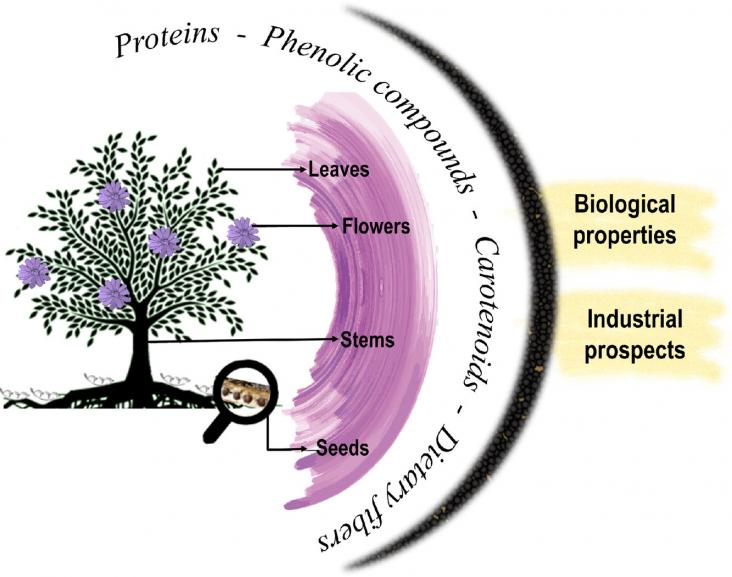This study found that increasing frequency and intensity of extreme weather events caused by human-induced climate change challenges progress on sustainable city development, but could also accelerate activities to enable cities to become more resilient.
This chapter advances the UN SDG goals 13 and 14 by reviewing the range of ecosystem services provided by coral reefs, the human activities that threaten these services and proposing promising policy and management interventions to promote the maintenance of key coral reef ecosystem services into the future.

Cirium develops a methodology to calculate the most accurate, historic, and predicted flight emissions data in the marketplace. This will allow airlines to track the fuel efficiency of their operations and customers to track and choose the lowest possible carbon footprint when they travel. This supports climate action and SDG 13.
Sustainable wood-based design solutions necessarily presuppose economically, socially, and environmentally reliable sources of wood use for any future designs. However, increasingly unsustainable effects from climate extremity are now prompting the search for alternative forms of use that avoid or forestall those effects.
Rhode Island is the smallest and the second-most densely populated state in the USA. It is also one of the most severely affected states on the Eastern Seaboard due to Climate Change.
Plant-based meat substitutes are products used to replace meat in the human diet.
This chapter advances SDG goals 7, 11, and 13, by presenting the direct integration of solar photovoltaic energy with food production, supporting cleaner, more sustainable agriculture, with decreased impact on climate change.
Elsevier,
Kunal Singha, Subhankar Maity, Pintu Pandit, Md. Ibrahim H. Mondal, Chapter 1 - Introduction to protective textiles, Editor(s): Md. Ibrahim H. Mondal, In The Textile Institute Book Series, Protective Textiles from Natural Resources, Woodhead Publishing, 2022, Pages 3-38, ISBN 9780323904773, https://doi.org/10.1016/B978-0-323-90477-3.00023-7.
This chapter advances UN SDG goal 12 by ensuring sustainable consumption and production patterns

Innovative food products containing new ingredients have been designed to meet nutritional needs and new consumption trends.
The present study conducted a systematic literature review on the related effects, mechanisms of vulnerability, and adaptive responses and coping strategies to climate change related mental health impacts specific to global Indigenous Peoples.
